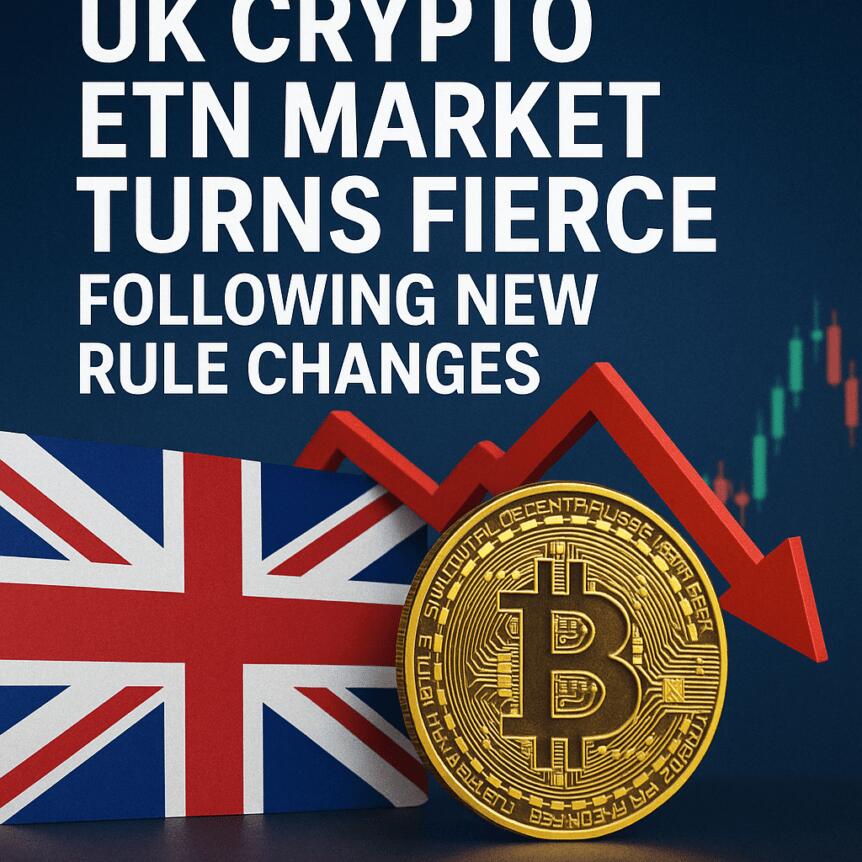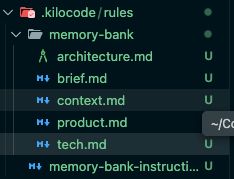UK Crypto ETN Market Turns Fierce Following New Rule Changes

- UK regulators lift ban, allowing retail access to crypto ETNs, fueling a price war among issuers.
- Crypto ETN providers slash fees, with some offering nearly zero management charges, intensifying competition.
- The decision aims to bolster the UK’s standing in the global crypto market amid evolving regulation and innovation.
- Regulatory changes also touch on stablecoins, with the Bank of England reconsidering its stance after industry pushback.
- UK’s approach reflects a broader effort to strike a balance between fostering innovation and managing consumer risk in crypto markets.
The United Kingdom’s decision to reopen the retail market for crypto exchange-traded notes (ETNs) marks a pivotal shift in its approach to digital asset regulation. Previously restricted to professional investors, this move has catalyzed a fierce competition among issuers seeking to capture market share, as fee reductions reach historic lows. Industry insiders describe this environment as a “cut-throat battle” to attract retail participants eager to gain exposure to Bitcoin, Ethereum, and other crypto assets through regulated financial products.
In a report published Thursday, the Financial Times highlighted how several UK crypto ETN providers have slashed fees to as low as 0.05%, compared to legacy and higher-fee products that can incur up to 2.5% annually. Noteworthy examples include 21Shares’ Core Bitcoin and Ethereum Core Staking ETPs, now with fees reduced to 0.1%, Fidelity’s Physical Bitcoin ETP at 0.25%, and CoinShares’ Physical Staked Ethereum ETP, which currently charges no management fee. This fee war signals a concerted effort by issuers to appeal to retail investors amidst growing mainstream interest.
The regulatory change is part of the FCA’s broader strategy to reintroduce crypto funds to retail investors after its 2021 ban, aiming to create a more proportionate and transparent framework that fosters growth while managing risks. Industry bodies like CryptoUK have welcomed the move, emphasizing progress towards a balanced approach that encourages responsible adoption of digital assets.
Meanwhile, the UK’s efforts to catch up in the global crypto race are intertwined with ongoing debates about stablecoins. After initial resistance to the Bank of England’s proposals for strict limits on holding limits for stablecoin issuers, industry groups pushed back, leading to a softening of the regulator’s stance. According to Bloomberg, the BoE is now reconsidering its approach amid concerns that the U.S. is pulling ahead, especially following the enactment of the GENIUS Act to establish clearer stablecoin regulations.
Bank of England Governor Andrew Bailey has also moderated earlier warnings about the impact of private stablecoins on financial stability. Instead, he now recognizes their potential to drive innovation within the evolving financial system, signaling a more pragmatic approach toward integrating digital currencies into mainstream finance.
These developments underscore the UK’s attempt to remain competitive in the rapidly changing world of blockchain, DeFi, and crypto regulation, balancing innovation with consumer protection and aiming to bolster its reputation as a leading hub for digital assets.
This article was originally published as UK Crypto ETN Market Turns Fierce Following New Rule Changes on Crypto Breaking News – your trusted source for crypto news, Bitcoin news, and blockchain updates.
You May Also Like

Legacy Meme Coin vs Meme-to-Earn Innovation – Who’s Winning the 2025 War?

Aster adjusts S3 buyback and airdrop mechanism: 50% buyback and destruction, 50% return and lock airdrop address.
